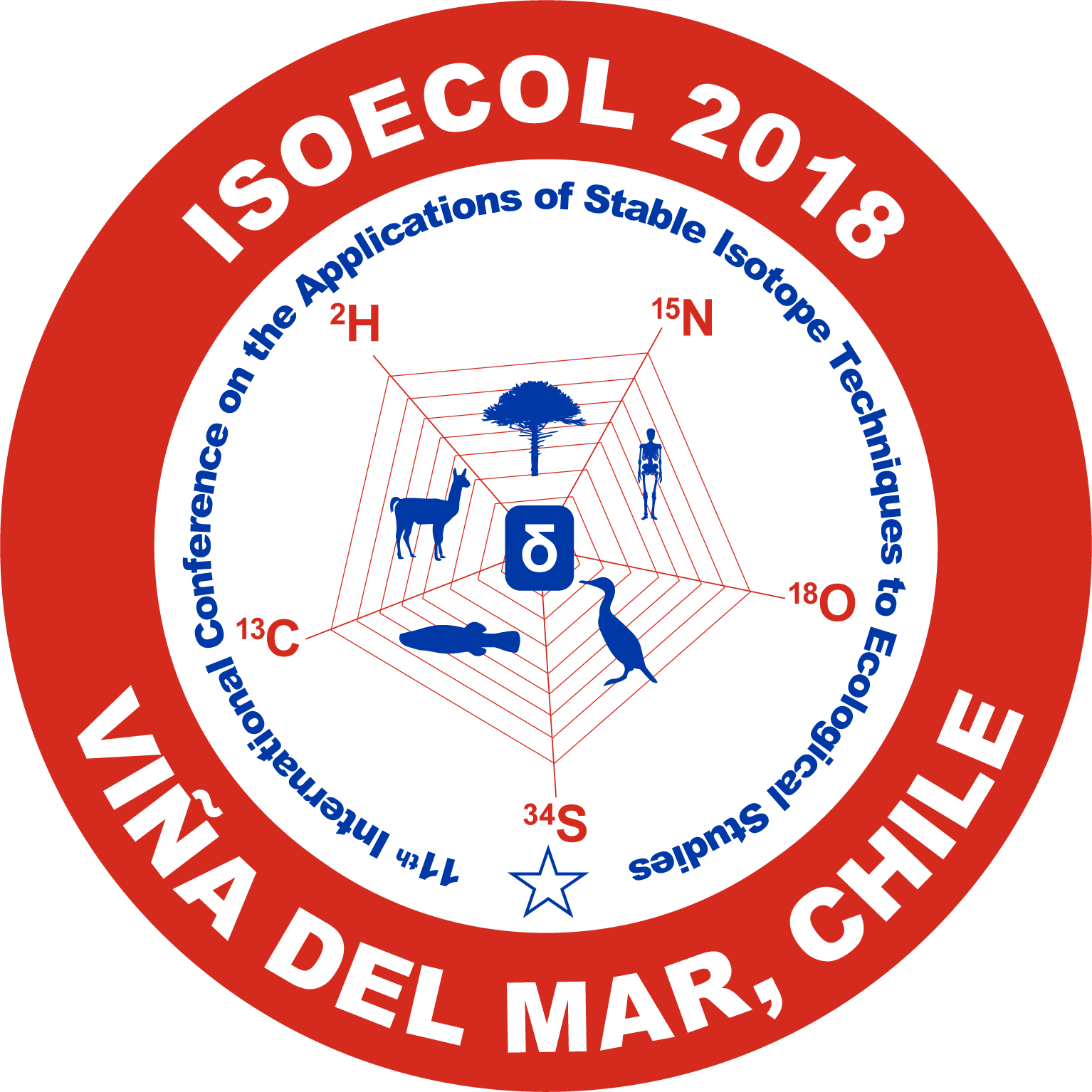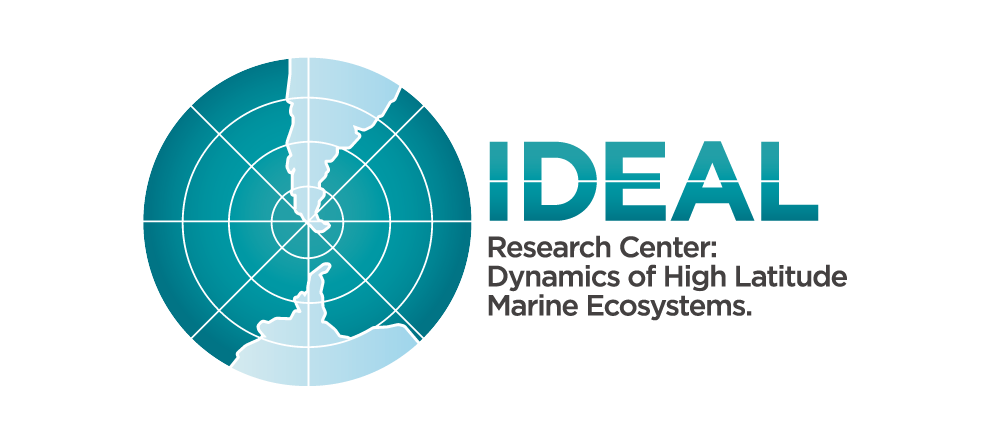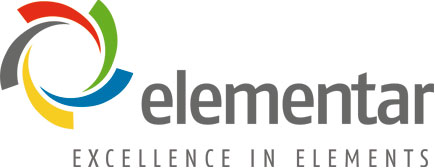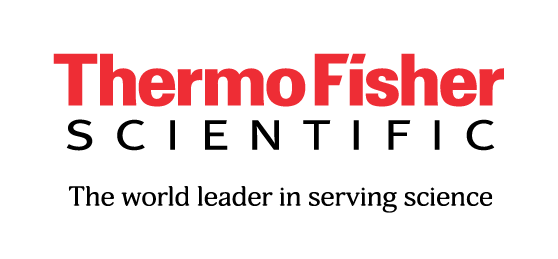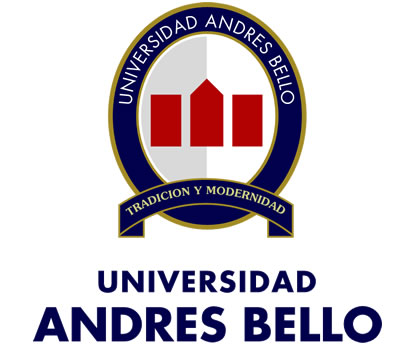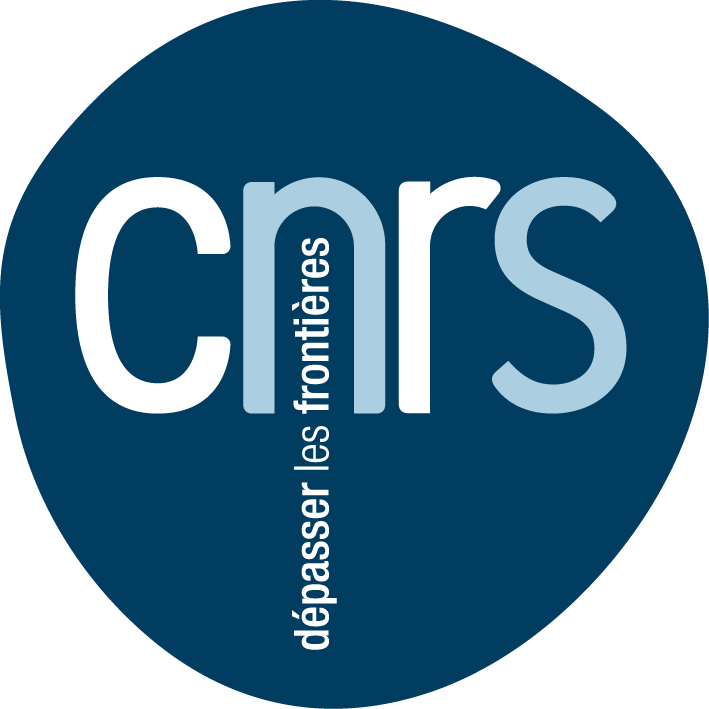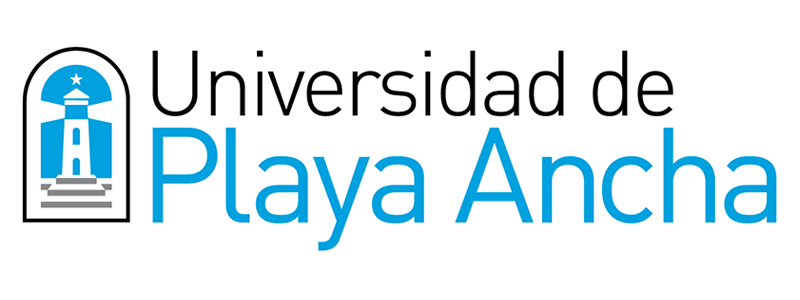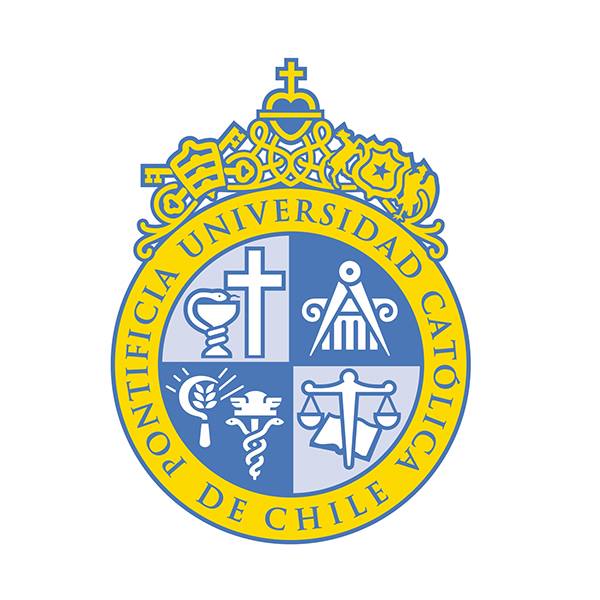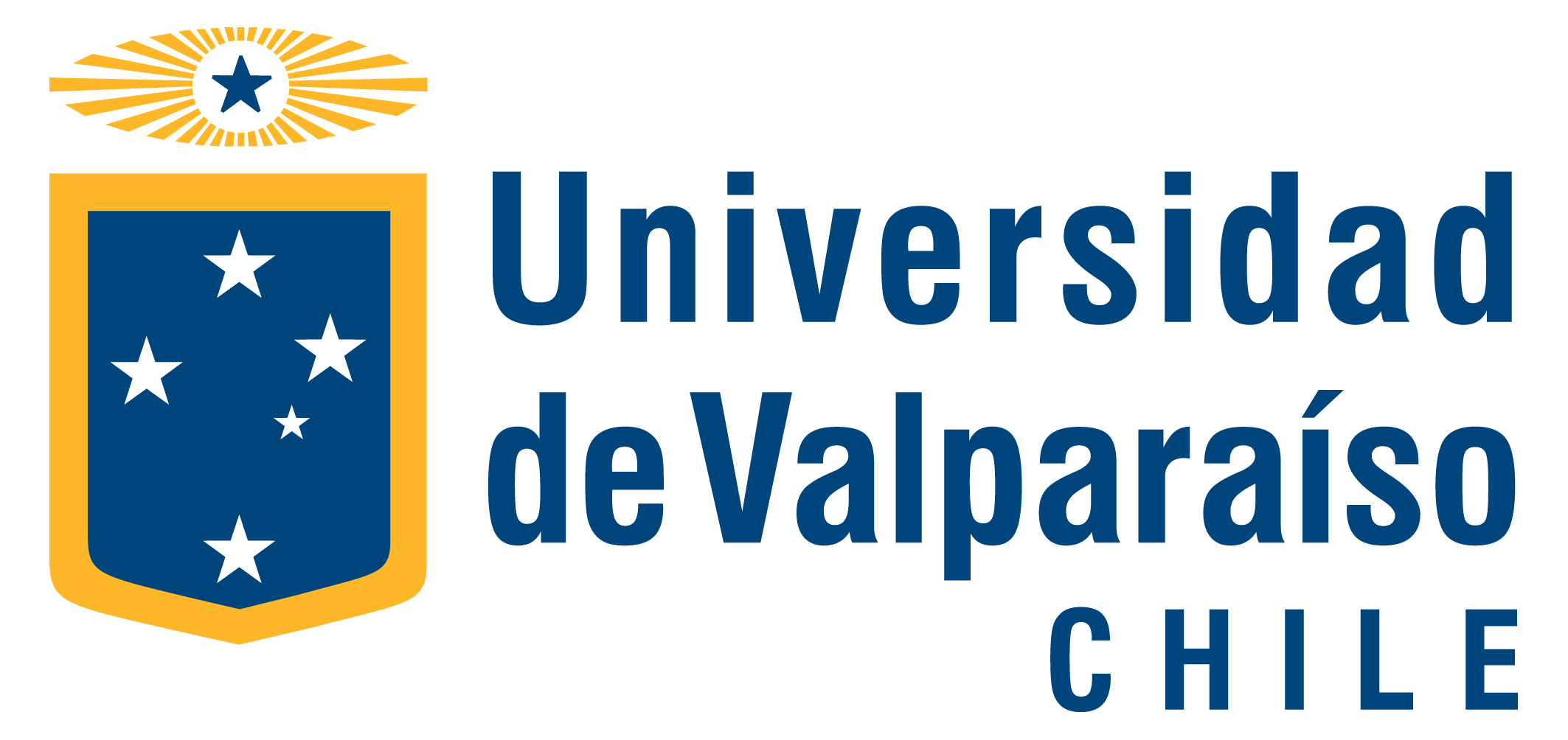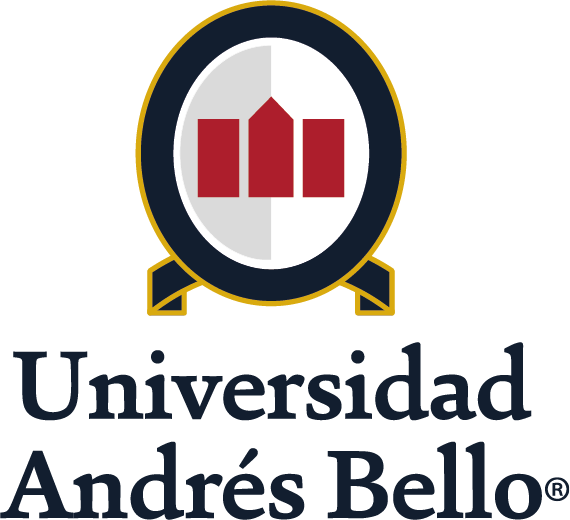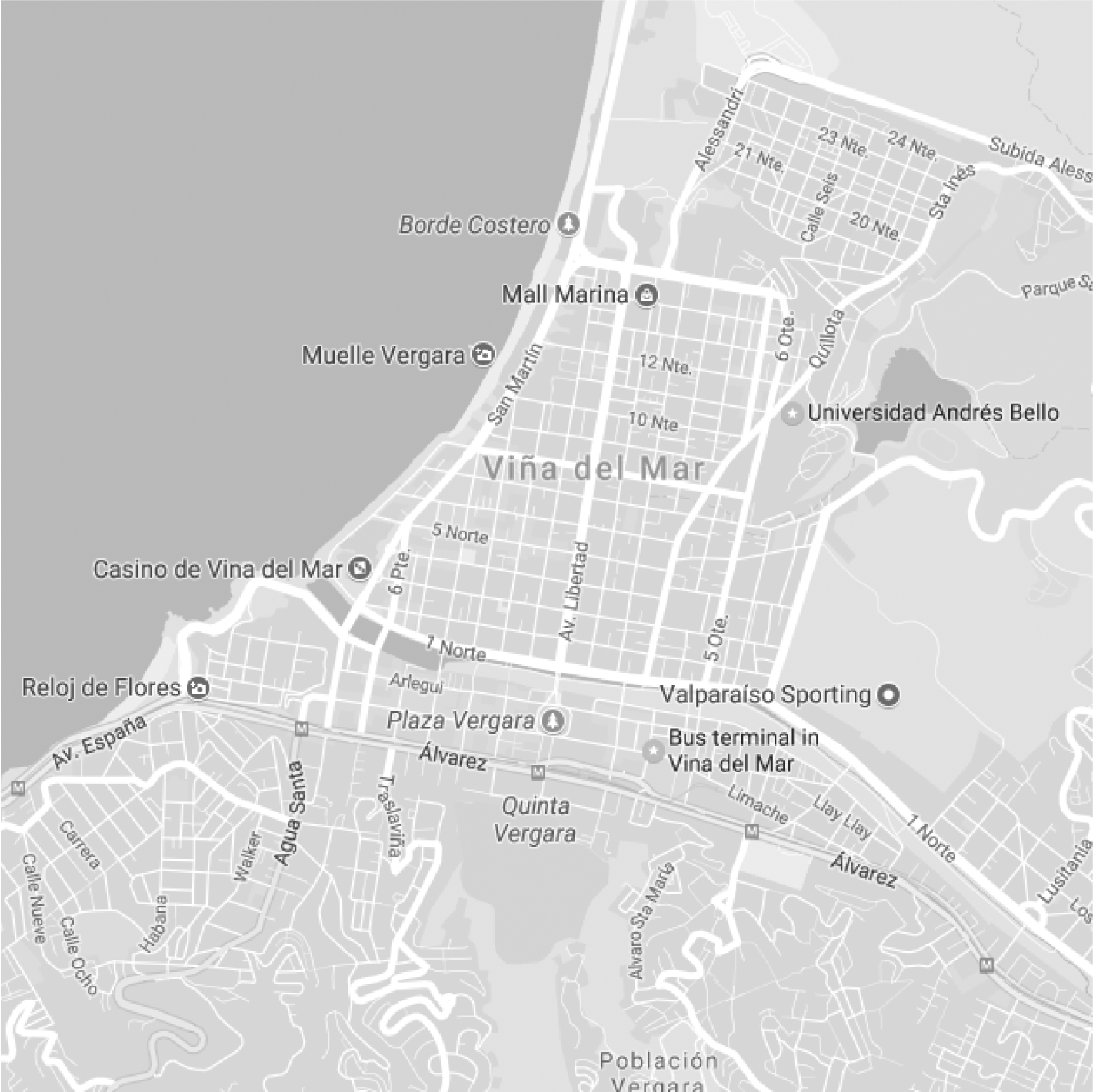Home Schedule Registration Workshops Previous meetings Field Trips Plenaries Location
PREVIOUS ISOECOL MEETINGS
IsoEcol 2018 will be the 11th International Conference on Applications of Stable Isotope Techniques to Ecological Studies. The first meeting was held 20 years ago (1998) in Saskatoon, Canada. Here we include some information on the previous meetings that show that not only has interest increased, but that IsoEcol has traveled across the globe.
ISOECOL X, 2016: Tokyo, Japan
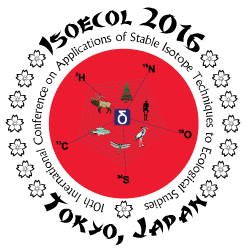 The tenth ISOECOL, the first in Asia, was held between 3-8 April 2016 at Ito Hall, on the Hongo Campus of The University of Tokyo in downtown Tokyo. Hosted by Alex Wyatt, Ichiro Tayasu, Naohiro Yoshida, Naohiko Ohkouchi and Toshi Nagata, the meeting attracted more than 150 delegates who presented over 130 oral and poster presentations. There were four plenary speakers: Gabriel Bowen (University of Utah), Yoshito Chikaraishi (JAMSTEC), James Ehleringer (University of Utah) and Michael Richards (University of British Columbia). Five different trips were offered including a guided tour of Tokyo, the Nikko World Heritage Area, Mt. Fuji, Kamakura – Ancient Capital of Japan and the Tokyo Seaside. See the abstract book (PDF) here.
The tenth ISOECOL, the first in Asia, was held between 3-8 April 2016 at Ito Hall, on the Hongo Campus of The University of Tokyo in downtown Tokyo. Hosted by Alex Wyatt, Ichiro Tayasu, Naohiro Yoshida, Naohiko Ohkouchi and Toshi Nagata, the meeting attracted more than 150 delegates who presented over 130 oral and poster presentations. There were four plenary speakers: Gabriel Bowen (University of Utah), Yoshito Chikaraishi (JAMSTEC), James Ehleringer (University of Utah) and Michael Richards (University of British Columbia). Five different trips were offered including a guided tour of Tokyo, the Nikko World Heritage Area, Mt. Fuji, Kamakura – Ancient Capital of Japan and the Tokyo Seaside. See the abstract book (PDF) here.
ISOECOL IX, 2014: Perth, Australia
This year our hosts were Greg Skrzypek, Mat Vanderklift, Pauline Grierson and colleagues at the University of Western Australia in Perth, and all presentations were held at the University Club. There were more than 120 oral and poster presentations covering many aspects of ecology, and encompassing ecosystems from the open ocean to the suburbs of cities. Please check out the abstract volume for a sample of the diversity of research, including the plenary talks by Brian Popp, Naohiro Yoshida, Margaret Barbour and Keith Hobson. The traditional mid-week field trip saw delegates travel to Rottnest Island among the quokkas as well as Yanchep National Park. See the video clip of the meeting here.
ISOECOL VIII, 2012: Brest, France
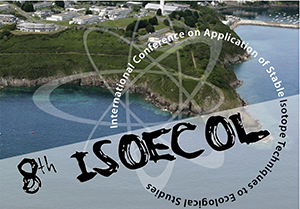 Stan Dubois and Jacques Grall welcomed nearly 250 researchers for another collaborative conference, this time at the Quartz Convention Centre in Brest. Brian Fry, Sébastien Lefebvre, Stuart Bearhop and Pascal Riera gave plenary talks on the four of the days, with the traditional mid-week field trip seeing attendees visit the island of Ouessant. Check out the abstract volume for a flavour of the research being presented.
Stan Dubois and Jacques Grall welcomed nearly 250 researchers for another collaborative conference, this time at the Quartz Convention Centre in Brest. Brian Fry, Sébastien Lefebvre, Stuart Bearhop and Pascal Riera gave plenary talks on the four of the days, with the traditional mid-week field trip seeing attendees visit the island of Ouessant. Check out the abstract volume for a flavour of the research being presented.
ISOECOL VII, 2010: Fairbanks, Alaska, USA
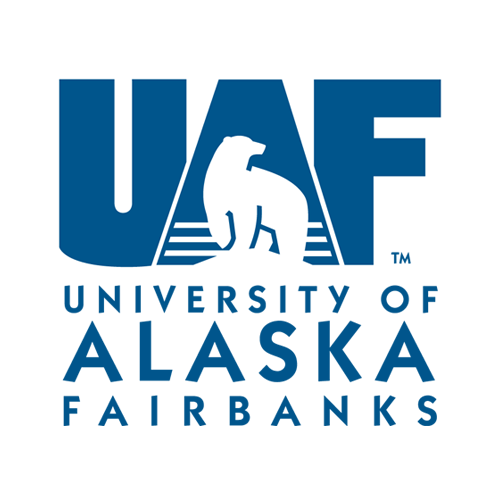 Hosted by Matthew Wooller and Diane O'Brien at the University of Alaska Fairbanks between August 9-13, 2010, this meeting attracted ca. 150 delegates. The plenary lecture was given by Paul Koch on conservation paleobiology. A workshop on Bayesian mixing models took place prior to the conference. See the schedule for presentations here (PDF).
Hosted by Matthew Wooller and Diane O'Brien at the University of Alaska Fairbanks between August 9-13, 2010, this meeting attracted ca. 150 delegates. The plenary lecture was given by Paul Koch on conservation paleobiology. A workshop on Bayesian mixing models took place prior to the conference. See the schedule for presentations here (PDF).
ISOECOL VI, 2008: Honolulu, Hawai'i, USA
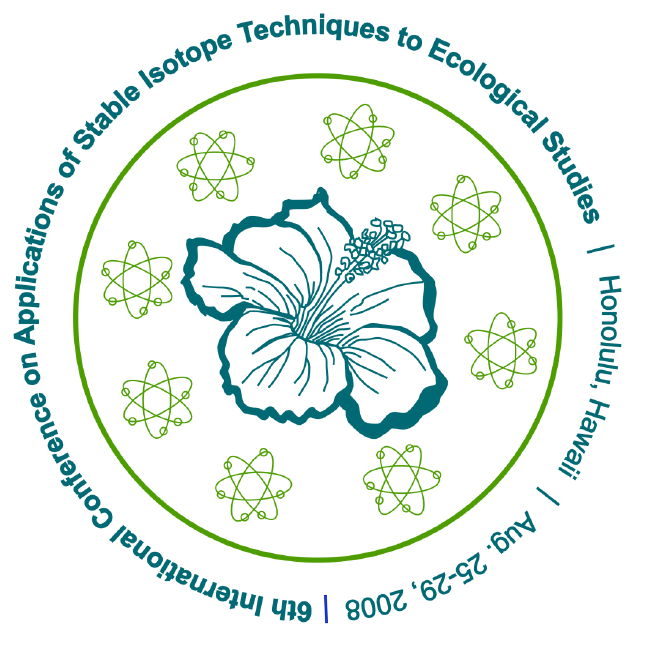 Brittany Graham, Carrie Holl, Brian Popp, and Brian Fry welcomed us to the University of Hawai'i at Manoa. Gabe Bowen and Simon Jennings gave plenary talks on isoscapes and marine food webs respectively, as part of the general schedule. The mid-week field trip and social involved a hike and a snorkel.
Brittany Graham, Carrie Holl, Brian Popp, and Brian Fry welcomed us to the University of Hawai'i at Manoa. Gabe Bowen and Simon Jennings gave plenary talks on isoscapes and marine food webs respectively, as part of the general schedule. The mid-week field trip and social involved a hike and a snorkel.
ISOECOL V, 2006: Belfast, UK
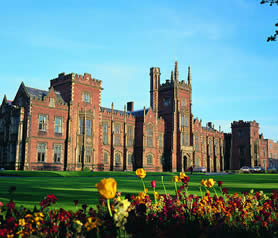 For the fifth ISOECOL we were back in Europe again. Stuart Bearhop and Jason Newton hosted the meeting at Queens University, Belfast. This time the number of plenary speakers was increased to three, thanks to Jim Ehleringer, Tom Preston and Graham Farquhar. The midweek field trips went to Rathlin Island and the Giant's Causeway. Check out the abstract volume for the research being presented.
For the fifth ISOECOL we were back in Europe again. Stuart Bearhop and Jason Newton hosted the meeting at Queens University, Belfast. This time the number of plenary speakers was increased to three, thanks to Jim Ehleringer, Tom Preston and Graham Farquhar. The midweek field trips went to Rathlin Island and the Giant's Causeway. Check out the abstract volume for the research being presented.
ISOECOL IV, 2004: Wellington, New Zealand
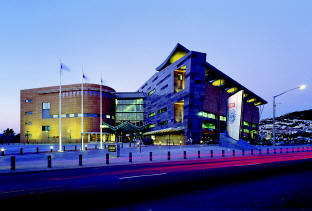 Our first foray south of the equator went to Wellington, New Zealand. Over 150 people attended this meeting held at the fantastic Te Papa. The keynote speaker was James Ehleringer of the University of Utah in an exciting schedule. Jim gave an overview of his research and an overview of the use of stable isotopes in wildlife and forensics. The Proceedings of the New Zealand Meeting were published in special issues of Isotopes in Environmental Health Studies and Oecologia.
Our first foray south of the equator went to Wellington, New Zealand. Over 150 people attended this meeting held at the fantastic Te Papa. The keynote speaker was James Ehleringer of the University of Utah in an exciting schedule. Jim gave an overview of his research and an overview of the use of stable isotopes in wildlife and forensics. The Proceedings of the New Zealand Meeting were published in special issues of Isotopes in Environmental Health Studies and Oecologia.
ISOECOL III, 2002: Flagstaff, Arizona, USA
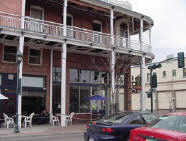 The 3rd International Conference on Applications of Stable Isotope Techniques to Ecological Studies was held in Flagstaff, Arizona, USA. Over 180 people attended this meeting. The keynote speaker was Don Schell of the University of Alaska. Don gave an overview of his research and an overview of the use of stable isotopes in marine ecosystem research. Proceedings of this meeting were published in a special issue of Isotopes in Environmental Health Studies in 2003.
The 3rd International Conference on Applications of Stable Isotope Techniques to Ecological Studies was held in Flagstaff, Arizona, USA. Over 180 people attended this meeting. The keynote speaker was Don Schell of the University of Alaska. Don gave an overview of his research and an overview of the use of stable isotopes in marine ecosystem research. Proceedings of this meeting were published in a special issue of Isotopes in Environmental Health Studies in 2003.
ISOECOL II, 2000: Braunschweig, Germany
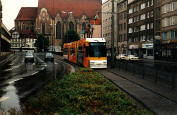 The 2nd International Conference on Applications of Stable Isotope Techniques to Ecological Studies was held in Braunschweig, Germany. Over 140 people attended this excellent meeting. The keynote speaker, Dan Yakir of the Weizmann Institute of Science, Israel, provided an excellent overview of research using stable isotope methods to study plant, soil and ecosystem responses to climatic and environmental change. Proceedings of this meeting were published in a special issue of Isotopes in Environmental Health Studies in 2002. See the abstract volume.
The 2nd International Conference on Applications of Stable Isotope Techniques to Ecological Studies was held in Braunschweig, Germany. Over 140 people attended this excellent meeting. The keynote speaker, Dan Yakir of the Weizmann Institute of Science, Israel, provided an excellent overview of research using stable isotope methods to study plant, soil and ecosystem responses to climatic and environmental change. Proceedings of this meeting were published in a special issue of Isotopes in Environmental Health Studies in 2002. See the abstract volume.
ISOECOL I, 1998: Saskatoon, Canada
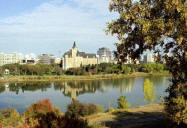 The inaugural International Conference on Applications of Stable Isotope Techniques to Ecological Studies was held in Saskatoon, Saskatchewan, Canada. The enthusiastic response (see schedule) to this meeting affirmed there was a need to assemble expertise in this field and to initiate bi-annual international meetings on this topic area. Over 120 participants attended the conference, representing 13 countries. The keynote speaker, Marilyn Fogel of the Carnegie Institution of Washington, set the tone for the meeting with an excellent overview of molecular approaches in stable isotope ecology. Proceedings from this meeting were published in a special issue of Oecologia (v 120, no 3) and the Canadian Journal of Fisheries and Aquatic Sciences (v 56 , no 11).
The inaugural International Conference on Applications of Stable Isotope Techniques to Ecological Studies was held in Saskatoon, Saskatchewan, Canada. The enthusiastic response (see schedule) to this meeting affirmed there was a need to assemble expertise in this field and to initiate bi-annual international meetings on this topic area. Over 120 participants attended the conference, representing 13 countries. The keynote speaker, Marilyn Fogel of the Carnegie Institution of Washington, set the tone for the meeting with an excellent overview of molecular approaches in stable isotope ecology. Proceedings from this meeting were published in a special issue of Oecologia (v 120, no 3) and the Canadian Journal of Fisheries and Aquatic Sciences (v 56 , no 11).
sponsors
We are extremely lucky to have received sponsorship from a range of different sources. Their generous contributions mean that we have been able to minimise registration costs (especially for students), provide student fellowships and invite plenary speakers.
